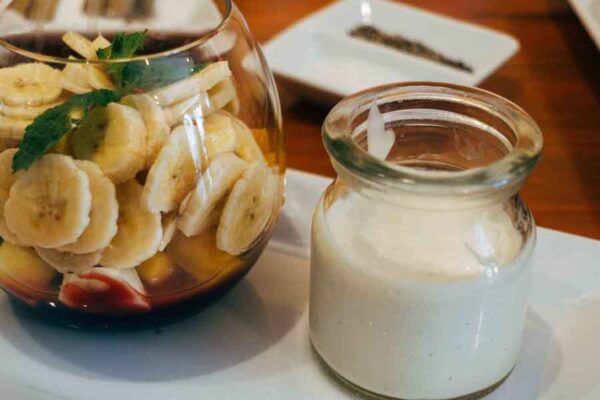Like their names suggest, osteopenia and osteoporosis are related diseases. Both are varying degrees of bone loss, as measured by bone mineral density, a marker for how strong a bone is and the risk that it might break.
It is hard to diagnose as there are no real symptoms. Some people are genetically prone to it and so anyone with a family history of the condition should be tested.
A T-score ranging from -1 to -2.5 is classified as osteopenia
Currently, the National Osteoporosis Foundation (NOF) recommends testing for:
- women 65 and older
- postmenopausal women younger than 65 who have one or more risk factors, which include being thin
- postmenopausal women who have had a fracture
If you aren’t in one of these categories yet, don’t wait until you are to start doing some weight-bearing exercise. Some “uplifting” activity now might prevent frail bones later.
For men, testing is done more on a case-by-case basis.
The test is painless and fast. It estimates how dense or thick your bones are by using X-rays.
Osteopenia can be treated either with exercise and nutrition or with medications. But some doctors are increasingly wary about overmedicating people who have osteopenia. The fracture risk is low to begin with, and research has shown that medication may not reduce it that much. We also don’t know if the medications might have some long-term effects. So if your T-score is under -2, you need to be sure you are doing regular weight-bearing exercise, and you are getting enough vitamin D and dietary calcium. If you’re closer to -2.5, your doctor may consider adding medication to keep your bones strong.
Medical causes
An overactive thyroid or too much thyroid medication
Chemotherapy
Certain medications such as steroids, or some anti-seizure drugs
Eating disorders- such as anorexia or bulimia
Lifestyle causes
Lack of exercises and a poor diet contribute to poor bone health. In addition, smoking, too much alcohol and a lack of Vitamin D


Prevention and Treatment
Take action as soon as possible. It is never too late to stop it progressing into full blown osteoporosis.
Vitamin D–
Are sure you get enough as this helps your body to absorb the calcium in your diet.
Vitamin D- How important is it?
Diet–
Make sure your diet includes enough calcium in- such as dairy products such as cheese and yoghurt, spinach and broccoli, dried beans and salmon
Exercise–
Try and do regular weight bearing exercise such as walking.
Also include some strength training with resistance- as the muscles pull on the bones it encourages the bones to strengthen.
Lifestyle changes-
Cut down on smoking and alcohol
Medications–
These are sometimes prescribed if the osteopaenia is progressing and the above preventative treatments are not possible or helping.
Sources-
health.harvard.edu
NHS
Webmd.com

